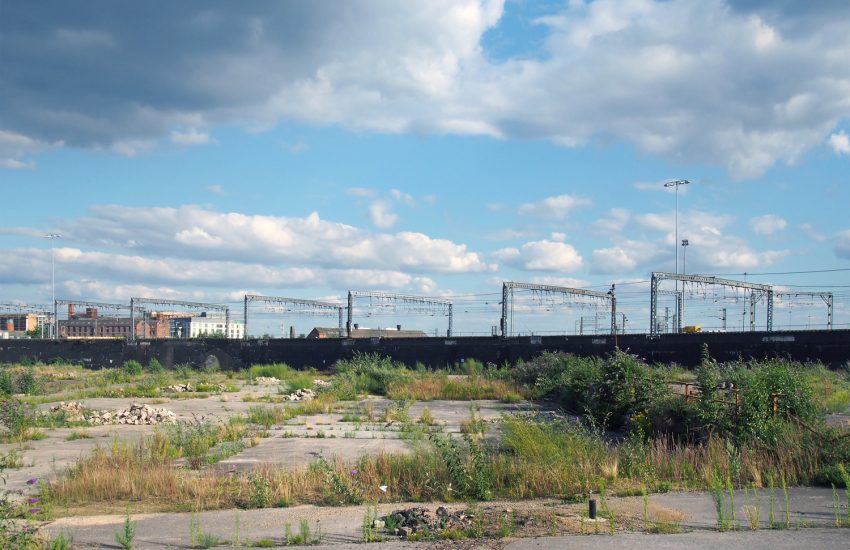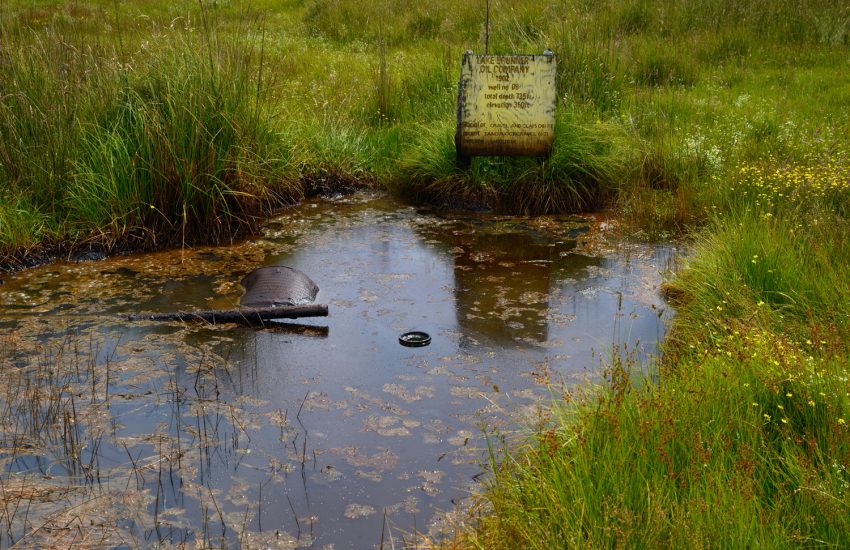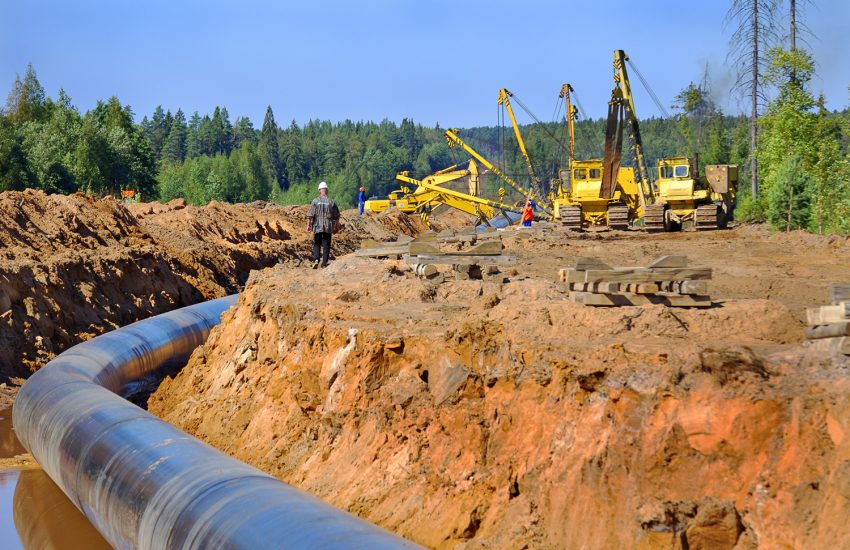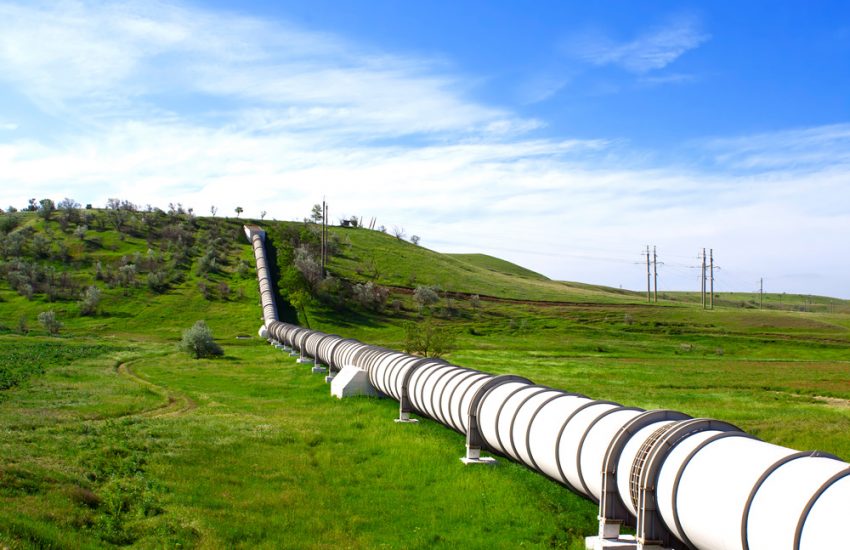Earlier this week, the Trump administration finalized its plan to open up a portion of the Arctic National Wildlife Refuge in Alaska to oil and gas development. This marks a significant change in protections for the Refuge, as protections have been afforded to this large stretch of wilderness for more than half a century. The Trump administration was drawn to this area of land based on a large coastal plain located in the Refuge, which is believed to contain significant portions of oil. Furthermore, oil production …
Continue Reading









